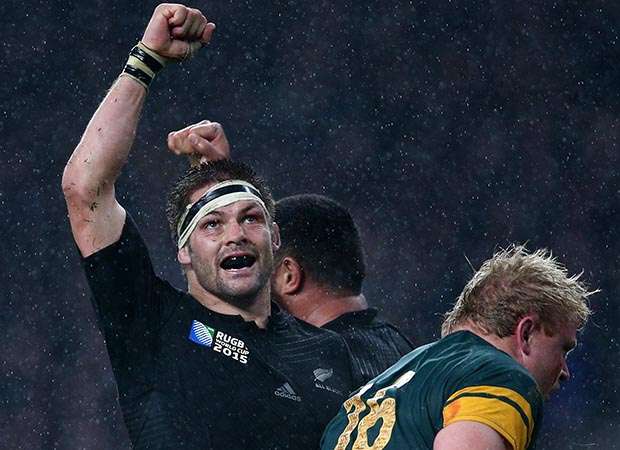
 And so it has almost come to pass, the All Black coronation of New Zealand as the supreme long-term rulers of Planet Rugby.
And so it has almost come to pass, the All Black coronation of New Zealand as the supreme long-term rulers of Planet Rugby.
One more victory this Saturday and some of those who will forever be remembered among the all-time greats will have signed off carrying a chunk of history every bit as colossal as their status.
In that event, the organisers could do worse than borrow the Gold State Coach and pull them out of Twickenham behind the eight Royal horses.
Whatever the opposition and no matter how contrasting the conditions, the All Blacks invariably find a way of winning, from frazzling the French under the roof in Cardiff one week, to overhauling their oldest foe, the Springboks, in an English downpour the next.
The message rang out loud and clear in the sheeting rain, that the holders are about to extend their global reign for at least four more years. No country, of course, has done that and while Argentina or Australia will relish the privilege of ensuring it stays undone, nobody of sane mind will bet against these All Blacks being the first.
As serial winners, they justify a place in the Pantheon of any sport. Richie McCaw has won 130 Tests out of 147, reserve hooker Keven Mealamu 113 out of 131, Dan Carter 98 out of 111, Ma’a Nonu 90 out of 102, Conrad Smith 83 out of 93. Winning Tests on that scale has not been done before and will probably never be done again.
If this time next week the pot of gold is back in the safest of hands, McCaw, Carter and the other old hands will ride off into the sunset having put those staggering statistics into a suitably grand historical perspective. It would guarantee New Zealand’s global reign lasts for a minimum of eight years irrespective of their fate in Japan in 2019.
Ruling a universal roost for that long has only been done once in soccer, by the Brazil of Didi, Zito, Amarildo and the young Pele. America’s golfers, with Arnold Palmer and Jack Nicklaus in their pomp, held the Ryder Cup for more than a decade from the early Seventies but then they only had to beat the best of British and Irish.
McCaw’s All Blacks have been beating all and sundry on such a routine basis that they have now stretched their winning World Cup streak to 13, eclipsing the Wallabies‘ run over the turn of the century.
In the process they continue to be truly a team for all seasons. This, remember, was supposed to be a World Cup too far for McCaw, coming up 35, and Carter, at 33.
Apart from turning the tide New Zealand’s way, Carter’s drop goal ought to be held up as an example of how smart players learn the lessons of history as opposed to ignoring them. They lost that quarter-final to France in Cardiff eight years ago not least because in their obsessive quest for a try and one-dimensional thinking, they forgot that a drop would have done the trick.
Ironically, an early wayward attempt from Carter helped turn the drama into a crisis, giving France the platform for their decisive try before the man himself succumbed to injury and limped off 25 minutes ahead of schedule. That would have made yesterday’s strike all the sweeter for a fly-half who, unlike Jonny Wilkinson, Naas Botha, Joel Stransky and Jannie de Beer, has never been big on drop goals.
Had the finest Springbok exponents of the art been on the field in triplicate and in their prime for the last ten minutes, they would not have made a jot of difference. Aware that a drop was all South Africa needed, the holders never gave them a sniff in their own half.
As soon as Patrick Lambie’s penalty slashed the difference to two points, a lesser team might have wobbled. McCaw & Co. responded with the perfect demonstration of how to close a game out without as much as a flap of panic.
When the chips were down, Carter moved smartly to avert a potential crisis, side-footing the ball into touch with four opponents bearing down on him. Sam Whitelock stole a crucial lineout and the All Black occupation of enemy territory meant the Springboks had been corralled into such a corner that they had to run the ball from virtually their own line.
Heyneke Meyer’s “bitter disappointment” suggests the Springboks’ head honcho might have been gilding the lily in his pre-match acclamation of McCaw’s team as the greatest he had seen. That is a matter of debate for another time but the winners were mightily effective in ensuring that the Boks never looked like finding a way through.
Instead they kept them in the match through their surprising indiscipline, conceding nine penalties before half-time and losing Jerome Kaino to the sin bin. Even with one-third of the New Zealand back row in the naughty chair, the Boks hardly made a dent.
The win may have been narrower than expected but there could be no questioning the All Blacks’ right to a second successive final.
In a neat piece of symmetry, they deserved to be on the right side of 20-18 just as they deserved to be on the wrong side of the same score against France in 2007.
McCaw, and New Zealand, have not lost a World Cup tie since. No-one will surprised if they don’t lose another until 2019, at the earliest.




















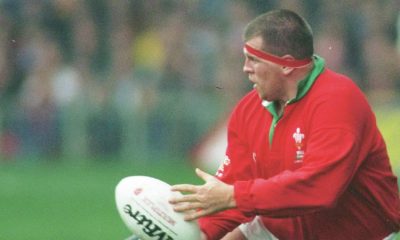

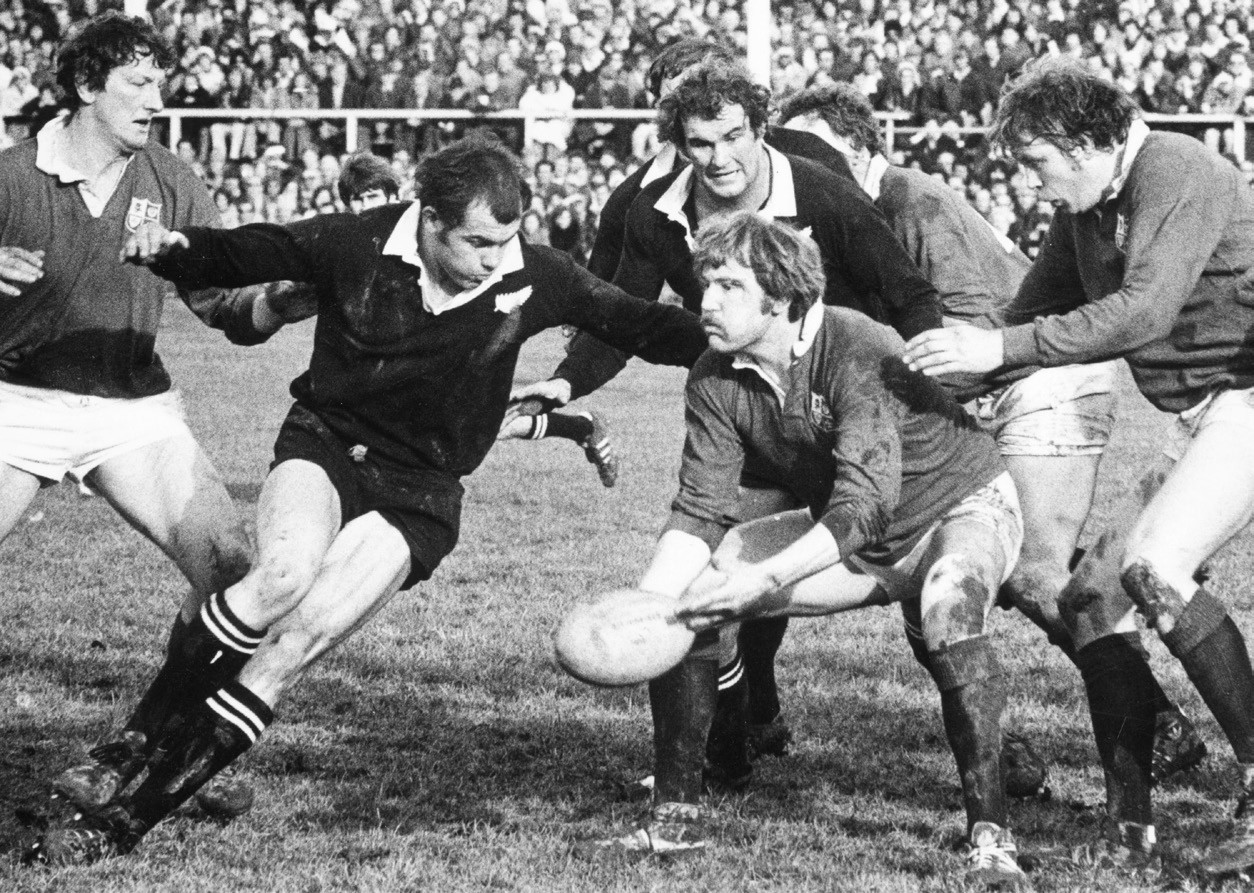
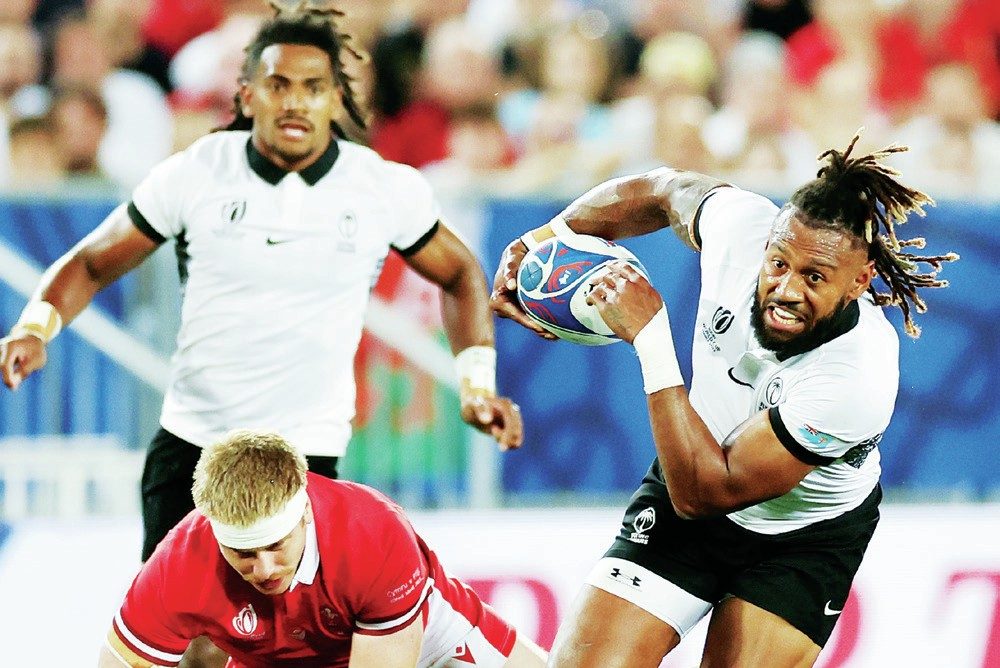
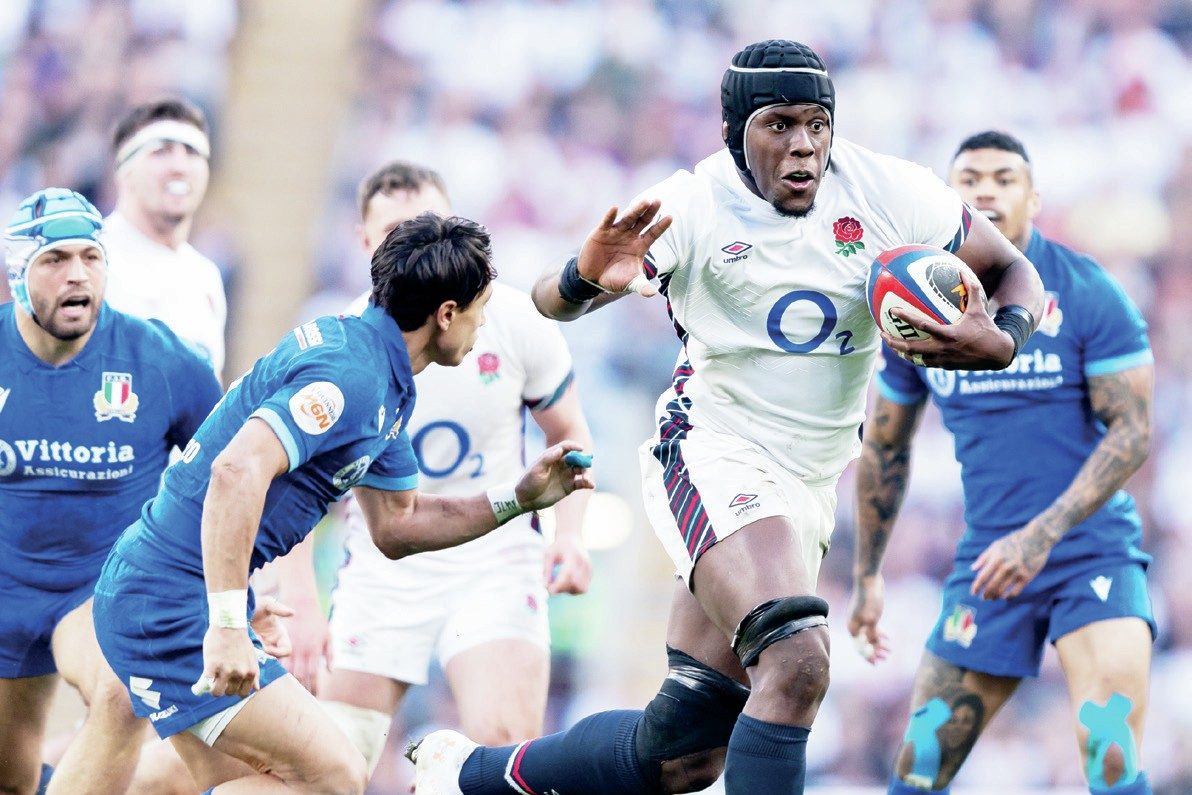
You must be logged in to post a comment Login